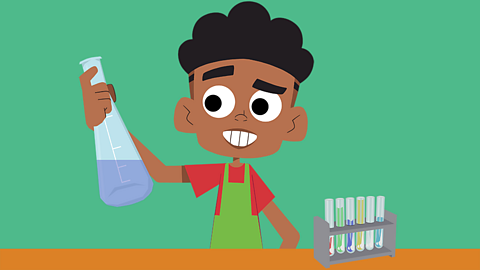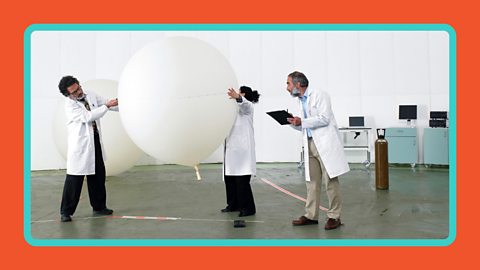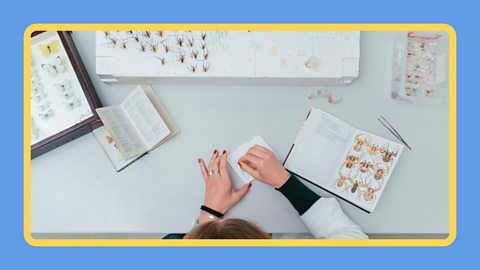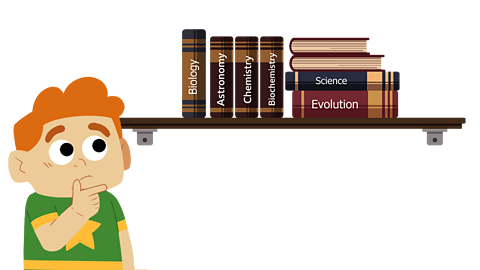
Why do scientists ask questions?
Scientists are people who are experts in an area of science.
You don't have to be an expert to think like a scientist, we can do it at home or even when we are in a school classroom
To do this you can ask and answer questions scientifically.
Most questions don't have simple yes or no answers.
To answer a scientific question, you could carry out a test, experiment or make observations of what you see.
Once you have your results or data you can make informed conclusions.

What questions might scientists ask?
Questions usually begin with one of these words:
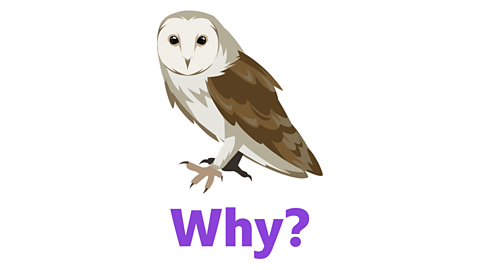
Why do some birds live in trees?
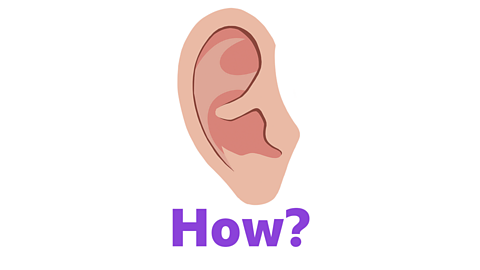
How do we hear sounds?
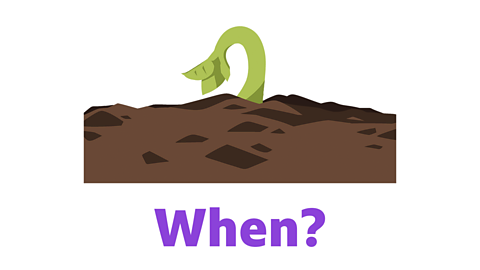
When is the best time to plant seeds?

What is the fastest animal on Earth?

Which is the coldest season?
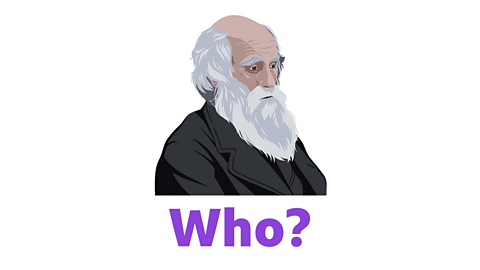
Who was Charles Darwin?
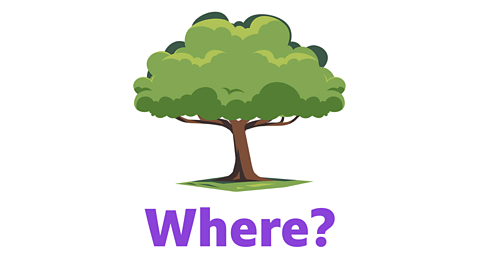
Where do we get wood from?
Watch: Why scientists ask questions?
Scientists are curious and ask many questions to discover new, exciting answers.
We're thinking about questions that we would like to ask.
We start by thinking of ‘how’ questions: How tall will the plant grow?
Then ‘why’ questions: Why is the plant green?
Then there are ‘where’ questions: Where is it best for plants to grow? And there are also ‘do’ questions:
Do bees like these plants?
It's great asking questions because that's how we learn new things.
I'm a scientist, and it's a bit like being an explorer. We look at the world around us and ask lots of questions. Then we try to find ways to get the answers to these questions.
Questions can be simple or complicated. And they usually start with words like: How, Why, Where, What, Are, and Do.
For example, how do snails move along? Why do spiders weave their webs? And what happens to trees in the winter?
You might not get an answer right away, and there might be more than one answer. But these are good things to think about so you can investigate and look things up.
Science helps us to learn new information.
What questions do you have about the world around you?
Learn how to ask scientific questions.
Narrator: Science is all about asking questions - like where does mud come from?
Neat observation Molly, every time it rains, the dog gets muddy. Why is that?
Molly: I reckon the rain mixes with the soil and makes muddy puddles.
Narrator: Ok, how can we test that?
Of course, experiment with water and soil.
But how will we know it's correct?
Molly: Just do another test without water!
Narrator: So next time it rains, we can predict that the park will be muddy and we can come prepared!
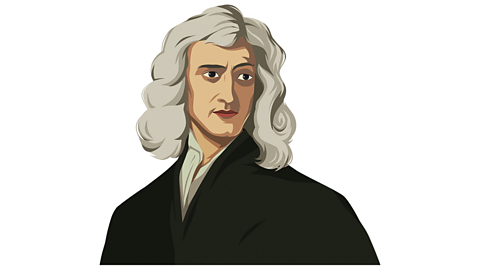
Fascinating facts about famous scientists
- Sir Alexander Fleming (1881–1955) developed the medical drug penicillin in 1928 by accident. It has since saved many millions of lives.
- Sir Isaac Newton (1643–1727) was a physicist who developed the theory of gravity in 1665, supposedly after an apple fell on his head.
- Marie Curie (1867–1934) was awarded the Nobel Prize twice, for physics in 1903 and chemistry in 1911. She invented the term radioactivity” and discovered the elements polonium and radium.
- Professor Stephen Hawking (1942–2018) was an English physicist who became an expert on black holes.
- Hippocrates (460–370 BC) was a Greek doctor who was known as the Father of Medicine.
- Alan Turing (1912–1954) was a mathematician and computer scientist. He designed a machine known as the ‘Bombe’ which helped to break the secret German Enigma code during the Second World War. After the war he created some of the world's first modern computers.
- Mary Anning (1799–1847) was a British fossil collector and palaeontologist. Anning was a pioneer of collecting, and displaying fossils. She identified several fossils of ichthyosaurs, plesiosaurs, and pterosaurs.
- Florence Nightingale (1820–1910) was a British statistician and the founder of modern nursing. Nightingale was a hospital manager in the Crimean War where she famously reduced death rates significantly by improving hygiene. She was known as The Lady with the Lamp as she travelled around the wards caring for soldiers.

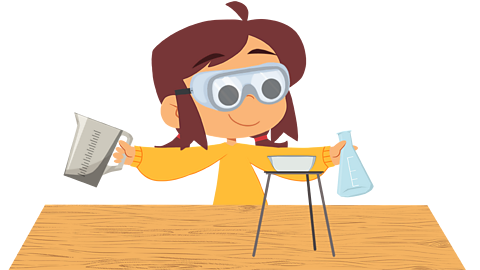
What does a scientist do next?
Once a scientist has thought about a question that they would like to discover the answer to, they need to decide on the best way to find out the answer! They might…
- Ask an expert
- Look in a book or on the internet
- Make some observations
- Carry out a test or experiment
From their tests or observations, scientists might collect and record some data which could help to answer the question. This is a bit like a detective looking for clues to solve a puzzle!

The five enquiry skills
There are five enquiry skills we can use to think like scientists and to help us collect some data:
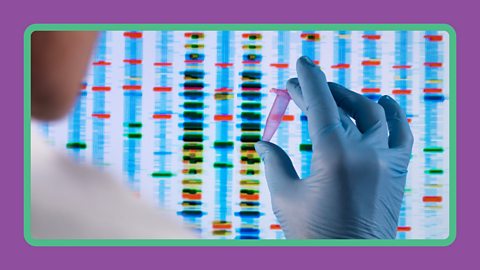
Image caption, 1 – Pattern seeking
Scientists look for patterns in data.
1 of 5
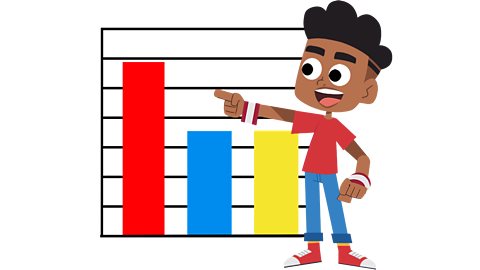
Did you know?
Sometimes scientists might think they already know the answer to their question, especially if they already know lots about the topic, like space or animals.
You can predict what you think the answer might be by using what you already know, but it’s still important to investigate and research to find out, because the answer might surprise you!

Important words
Conclusions – A summary of what we have found out from our investigations.
Data – Information that results from experiments, tests and research.
Experiment – A scientific procedure, often in a laboratory, that produces results.
Observations – Viewing and noticing patterns and unusual things in scientific experiments, tests and data.
Results – Information and data received at the end of a test or experiment.
Science – The study of the natural and physical world.
Scientists – Scientists are people who are experts in an area of science.
Test – A test is carried out to see what happens.
Palaeontologist - A scientist who studies fossils, bones, teeth, shells, and plant remains.
Activities
Activity 1 – Quiz
Activity 2 – Writing scientific questions
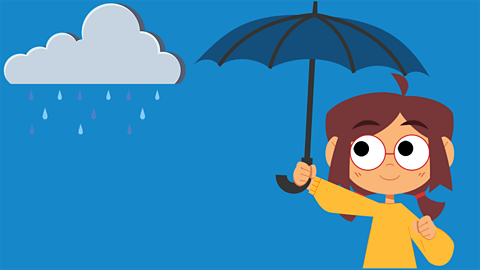
Imagine you are going to design a new umbrella.
As a scientist you need to carry out a test, or investigation, to see which would be the best material to use.
What scientific questions might you ask?
Think about which materials are waterproof? Does it need to be light or heavy? Does it need to be flexible?
How might you carry out a test or investigation?
Thinking about your scientific questions, with an adult, test out some different materials to see whether they'd be suitable to make an umbrella.
You could try an aluminium can, paper, kitchen foil, a plastic bottle or some fabric.

Activity 3 – Asking science questions
Easter Holidays Activity Pack activity
Check out some Easter inspired activities to complete in the Easter Holidays, for KS1.

More on Working scientifically
Find out more by working through a topic
- count2 of 3
